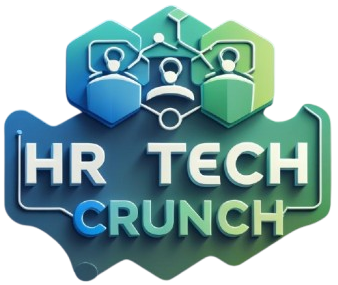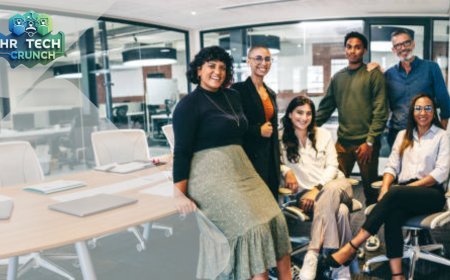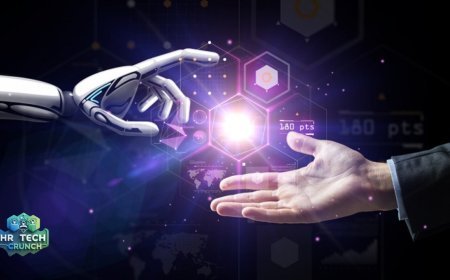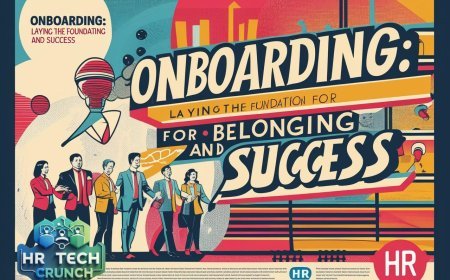Upskilling and Reskilling: Embracing Lifelong Learning for the Future

Upskilling and Reskilling: Embracing Lifelong Learning for the Future
The world of work is changing faster than ever before. Advances in technology, shifting business models, and new ways of collaborating mean that the skills needed today might not be enough tomorrow. Experts predict that by 2030, nearly 70% of job skills will have evolved or changed entirely. This is a powerful reminder that learning doesn’t stop once someone lands a job. Instead, continuous learning-through upskilling and reskilling-will be essential for employees and organizations to thrive in the future.
For many people, the idea of returning to a classroom or taking training courses later in their careers can feel daunting. Yet, the truth is that the future of work demands a mindset of lifelong learning. It’s less about formal degrees and more about curiosity, adaptability, and a willingness to grow. Whether it’s mastering new digital tools, developing soft skills like communication and leadership, or exploring entirely new roles, the opportunity to learn is now a daily part of professional life.
Organizations play a critical role in this transformation. Companies that invest in ongoing development programs show their employees that they are valued and supported. When workers feel empowered to learn and grow, they become more engaged, innovative, and resilient. This doesn’t just benefit the individual-it benefits the entire organization by creating a workforce that is agile and ready to meet whatever challenges lie ahead.
What’s important to recognize is that upskilling and reskilling are not just about filling skill gaps. They are about opening doors. They help employees discover strengths they didn’t know they had and explore career paths they might never have considered. In many ways, this creates a culture of possibility-one where people are encouraged to experiment, take risks, and redefine what success means for them.
At a personal level, embracing continuous learning helps individuals stay relevant and confident in a world where job descriptions evolve rapidly. It fosters a sense of ownership over one’s career, reducing the anxiety that often comes with change. Instead of feeling left behind by technology or market shifts, employees can take charge of their growth, positioning themselves for long-term success.
It’s also worth noting that learning is not a solo journey. Peer learning, mentorship, and collaborative projects enrich the process, creating environments where knowledge flows freely and innovation flourishes. When organizations cultivate spaces where curiosity is celebrated and mistakes are seen as opportunities, learning becomes a natural, enjoyable part of work life.
In essence, upskilling and reskilling are more than just strategies-they are mindsets that will shape the future of work. As job requirements evolve, those who embrace learning with openness and enthusiasm will find themselves better equipped to navigate change, seize new opportunities, and contribute meaningfully.
The call to action is clear: learning is no longer optional but essential. It’s about preparing not just for the next job, but for a career and a life that can adapt, grow, and flourish in a rapidly changing world. For employees and organizations alike, this journey of continuous learning is the key to unlocking potential and creating a future full of promise.






















